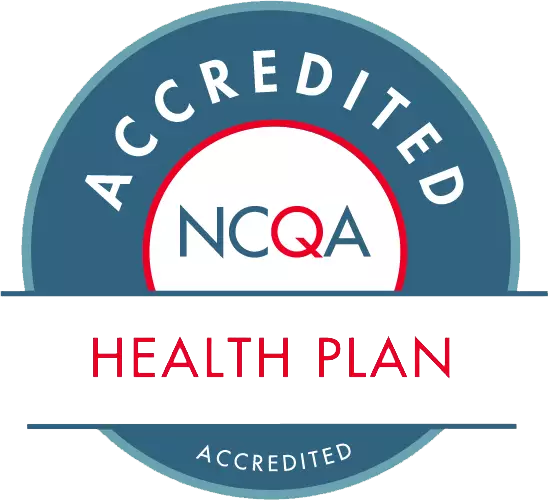TITLE: Lots of people have questions right now.
SEARCH BAR: Affordable slow-cooker recipes?
SEARCH BAR: Good prices on cat food?
SEARCH BAR: Best hair clippers?
SEARCH BAR: Math homework help?
TITLE: Some questions are harder to ask.
GONZALO: What if I keep my job but I get furloughed?
ISAIAS: What if I lose my health insurance?
TITLE: You’re not alone.
TITLE: Millions of people have lost their health insurance in 2020.
TITLE: Many of them are now on Medicaid.
HANNA: What if I’m pregnant? What if it’s twins?
FAY: What about my kids? Can they be covered?
TITLE: Children can be covered by Medicaid, too.
ISAIAS: My kids are covered, but what if my nephew moves in?
FAY: What if I’m responsible for my disabled brother?
TITLE: Other family members may be eligible for Medicaid even if you aren't.
TITLE: Find out if you or your family qualifies for Medicaid.
GONZALO: Where do I start?
TITLE: Visit AetnaBetterHealth.com and choose your state.
LOGO: Aetna Better Health


